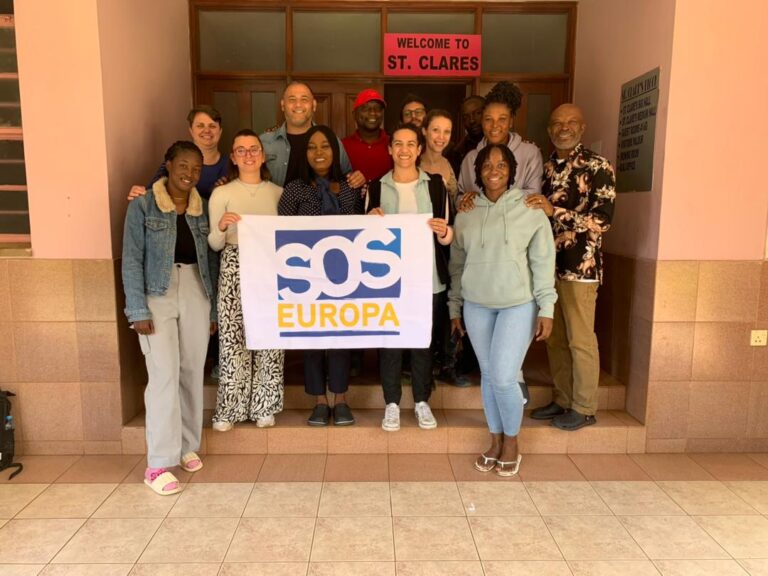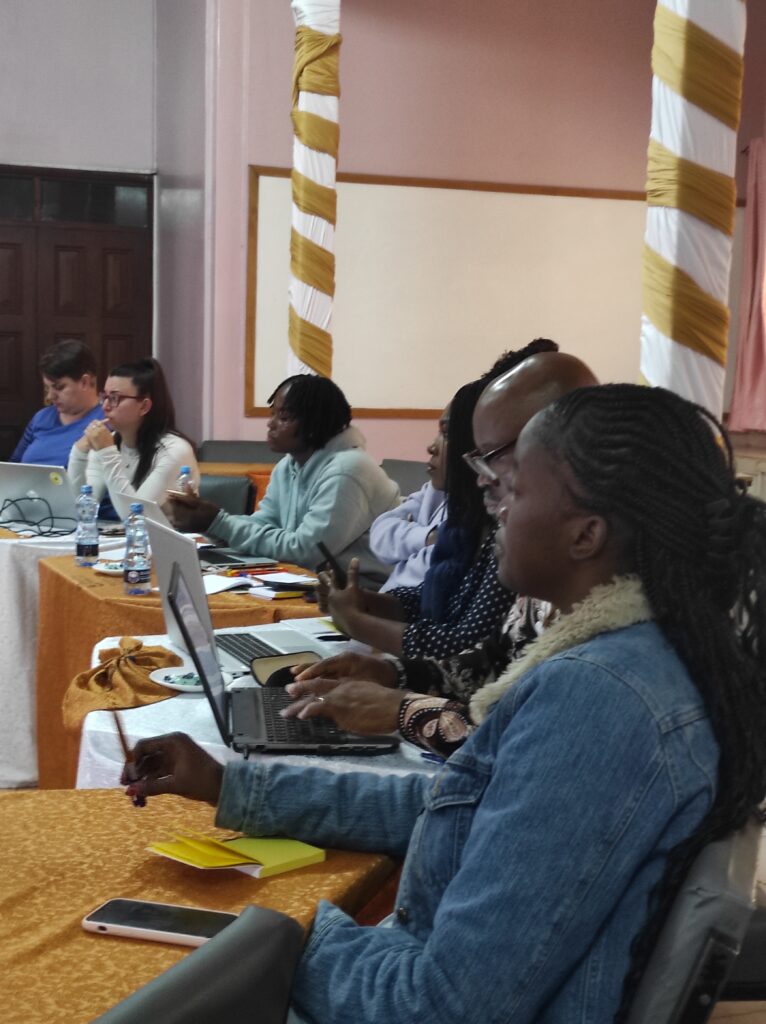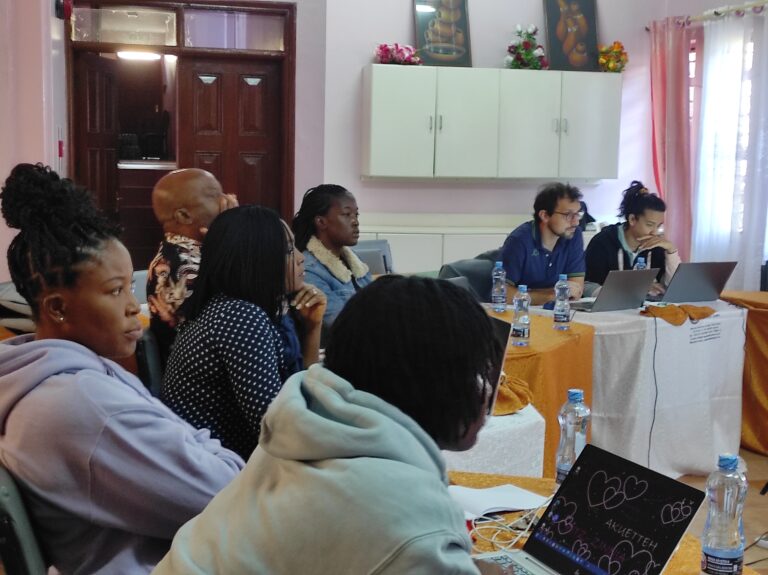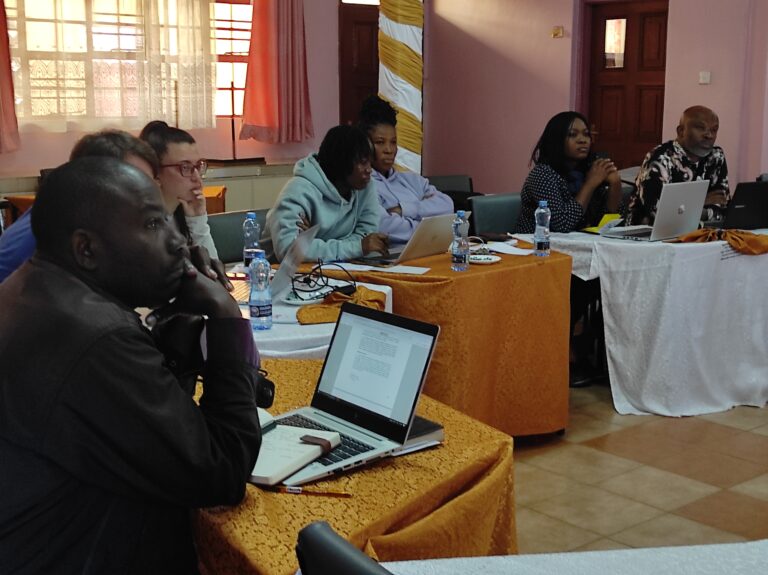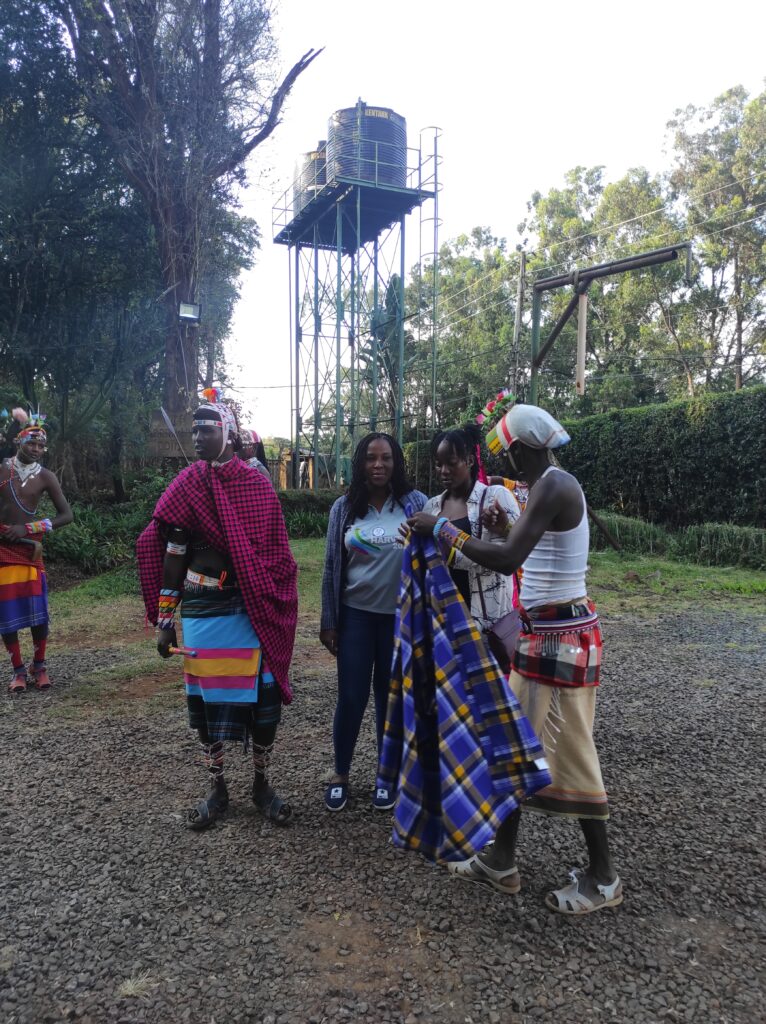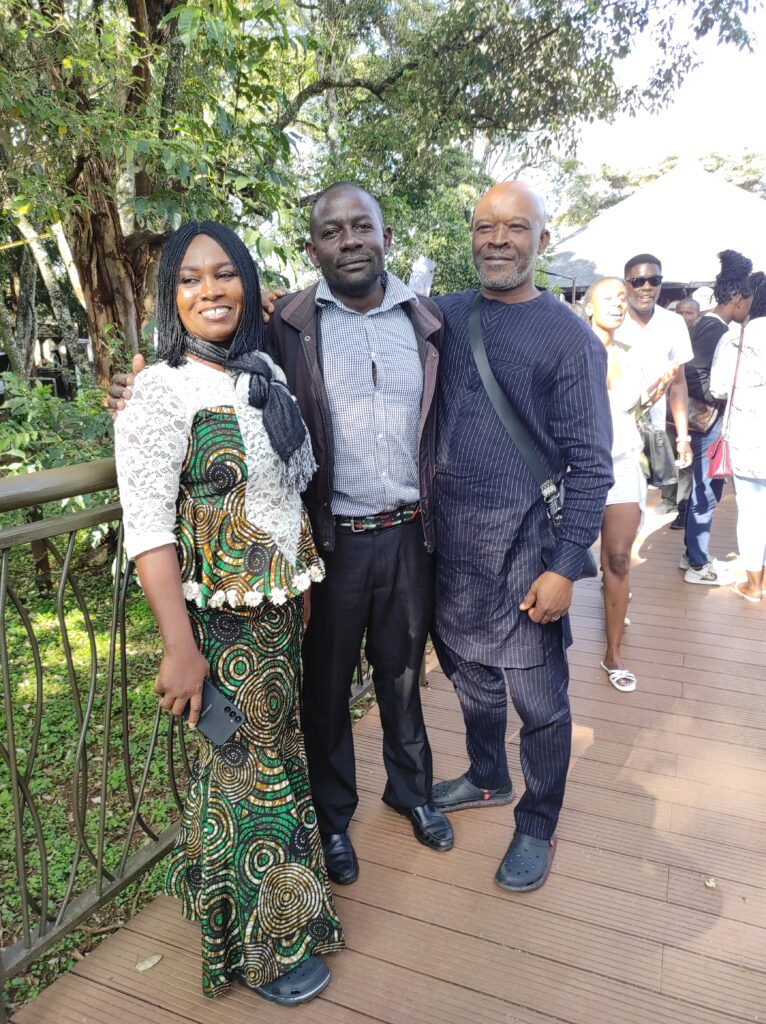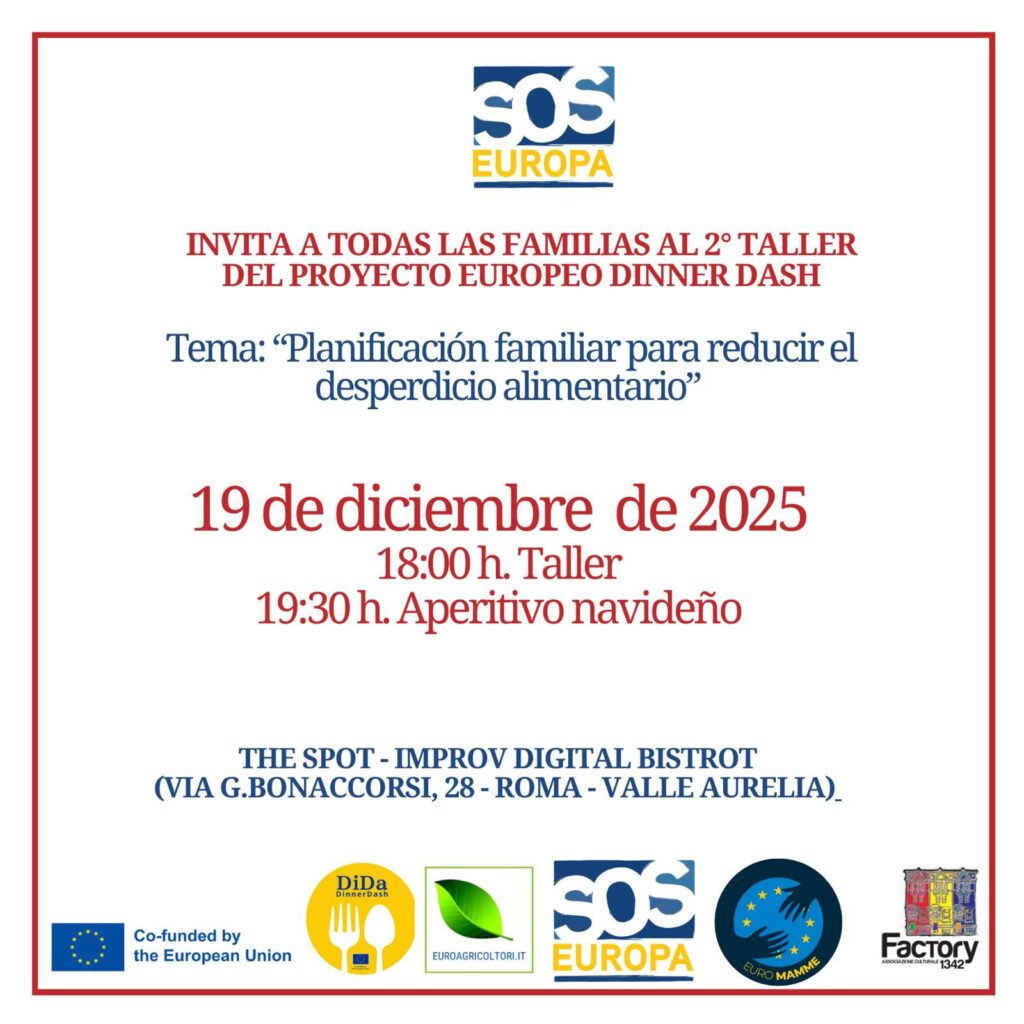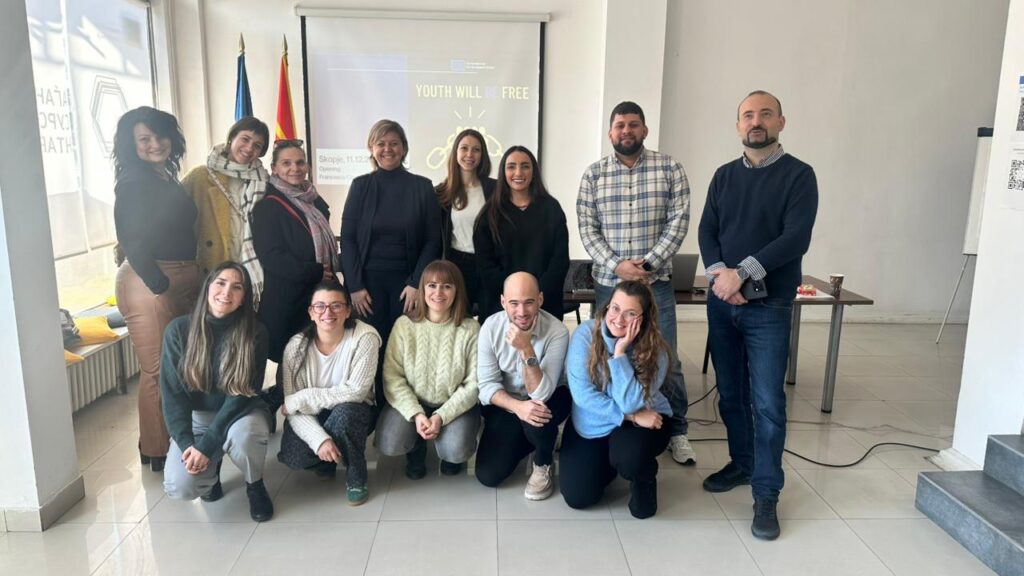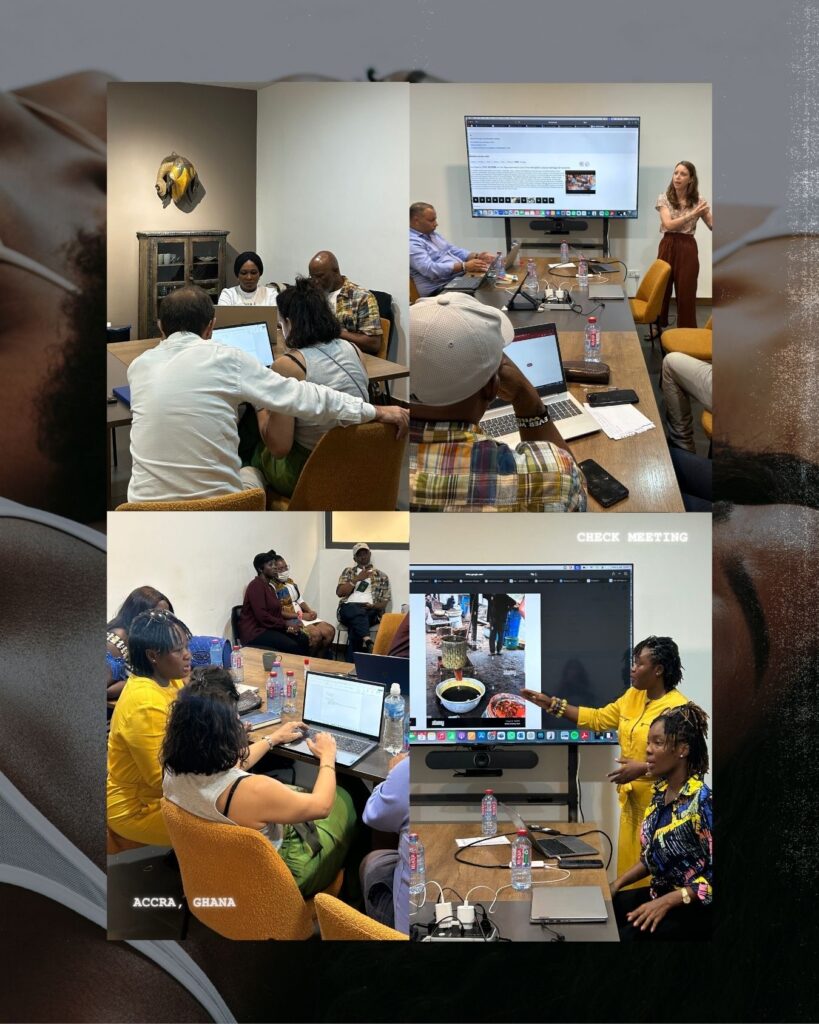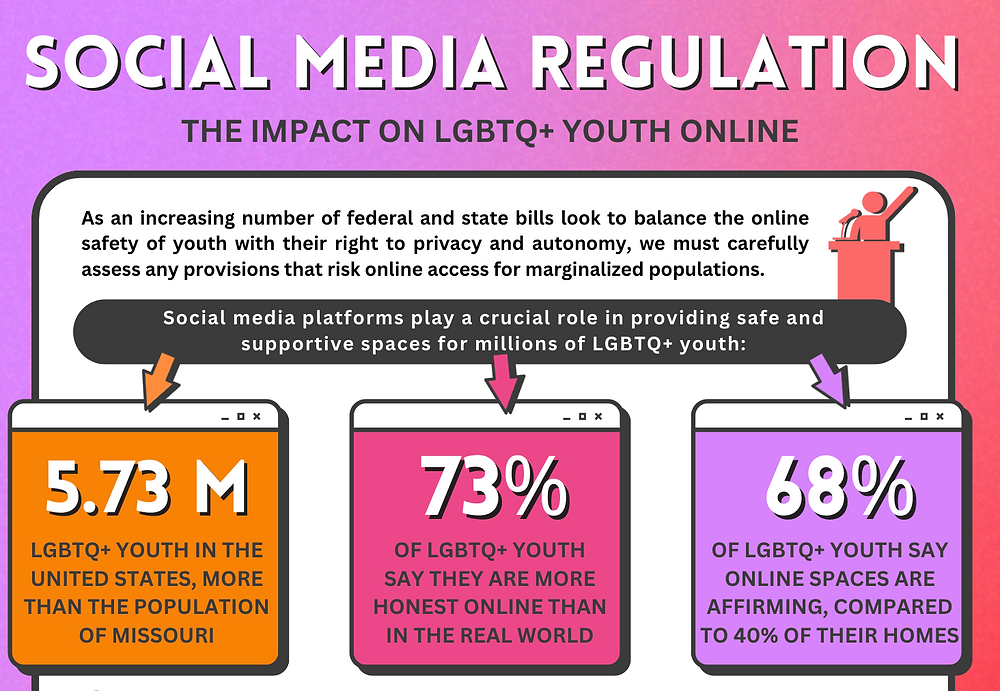June 28th – July 2nd 2024, Nairobi, Kenya
From June 28th to July 2nd, 2024, the Kick-off meeting of the AEWiA – African and European Women in Action project was held in Nairobi, Kenya, and hosted by VACK. Two representatives from each partner organization participated in the meeting, totalling 12 people from 6 different countries: 4 from Europe, 2 from the Balkans, and 6 from Sub-Saharan Africa.
The objectives of the meeting were to: strengthen relationships among project team members, delve into the specific topics and training objectives of the various activities, define the details of the timeline, detail the deliverables, monitoring KPIs and quality control process, and approve the project logo and visual identity.
June 28th was the arrival day, and all participants gathered at the welcoming dinner organized at the hosting facility in the southwestern outskirts of Nairobi.
The actual activities began on June 29th. First, participants got to know each other and presented their associations, their vision and mission, as well as their activities at both local and international levels. This helped break the ice and strengthen mutual understanding among partners, laying a solid foundation for cooperation and collaboration. Next, the first day focused on exploring the key concepts underlying the project and presenting the project itself. The first exercise involved identifying three images for each country that represented: how you see your country, how others see your country, and which artistic element can be considered a symbol of your country. This exercise opened the door to a reflection on the concept of identity as heritage and cultural heritage elements that together constitute the very structure of identity. Based on these premises, a non-formal training activity was conducted, retracing the history of UNESCO and illustrating the concept of intangible cultural heritage and its importance for building bridges of dialogue and promoting diversity. To better understand this, a practical exercise was conducted using the Dive Into the Intangible Heritage platform promoted by UNESCO, which will be a central point of the first virtual exchange (Training Course). Finally, the project was presented and shared in all its parts, methods and timelines of implementation were discussed (timeline and distribution of tasks and resources), the monitoring and quality control methodology was defined, and the visual identity and communication strategy were discussed and approved.
June 30 started with a learning-by-doing session dedicated to the 2030 Agenda for Sustainable Development and the African Union Agenda 2063. All participants, divided by association, aligned their associations with the specific goals and indicators of each Agenda, thus developing a critical discourse on their role as NGOs in global development and increasing their sense of responsibility. The next step was to define, in a plenary session, which specific goals and indicators the AEWiA project contributes to directly and indirectly. In the afternoon, the program included a visit to the slums where the host association VACK works on the ground to combat educational poverty among children. Unfortunately, for safety reasons, this visit was cancelled, and VACK members shared their activities through videos, photos, and interviews. The day concluded with a visit to the Giraffe Rescue Centre and the Masai Market Center, where participants could engage with key aspects of Kenyan cultural heritage.
On the morning of July 1st, a learning-by-doing session was conducted on different types of leadership, followed by an advocacy exercise, in which participants, divided into pairs, planned an advocacy campaign on 5 general and central themes for the project: climate change, mental health, food security, and access to education. This aimed to lay the foundation for the training path that will strengthen the leadership role of young women involved in the project in the international debate. In the afternoon, participants went on a study visit to the Bomas of Kenya Cultural Centre, a centre for the conservation and promotion of Kenya’s Intangible Cultural Heritage. Here, they attended a traditional music and dance performance and explored how these relate to the daily lives of Kenyan villages and tribes. Participants, guided by a tour guide, visited reconstructions of traditional villages, analysing the different roles of men and women within the villages of various tribes and critically contextualizing the gender social structure in these societies compared to the discourse on gender equality in contemporary social structures. The meeting concluded with activity evaluations through brief interviews.
